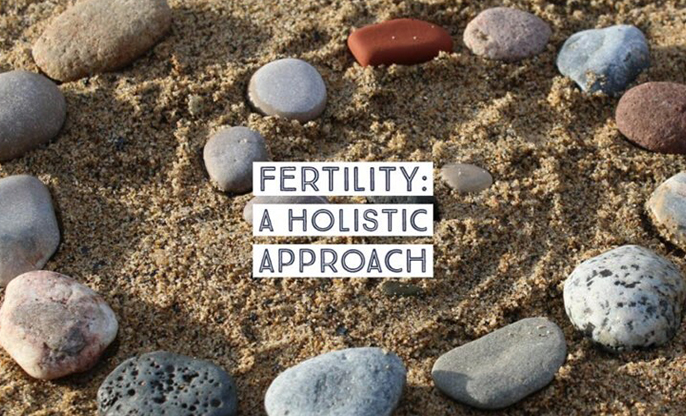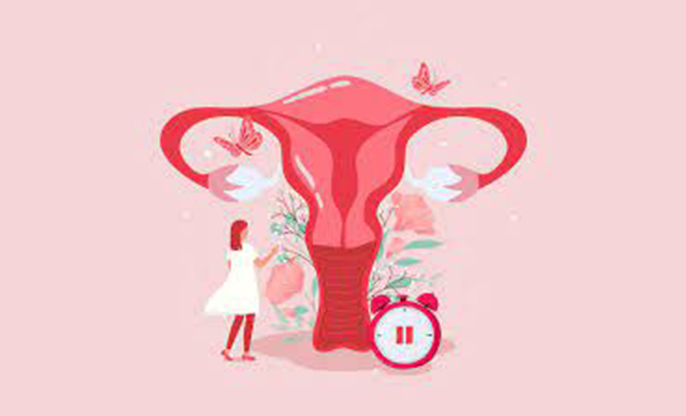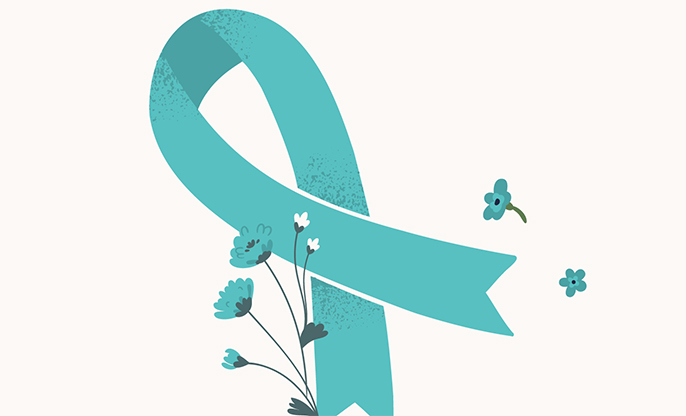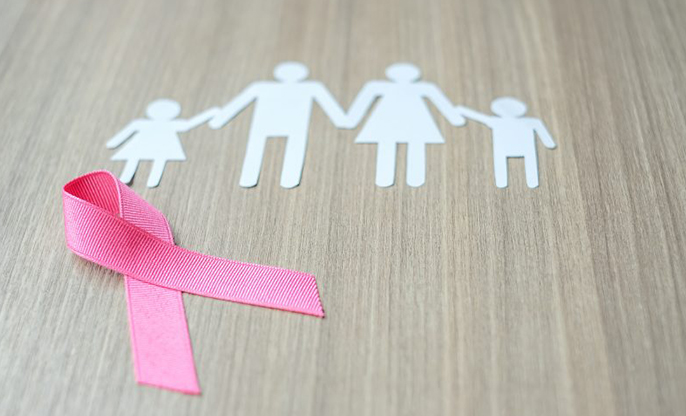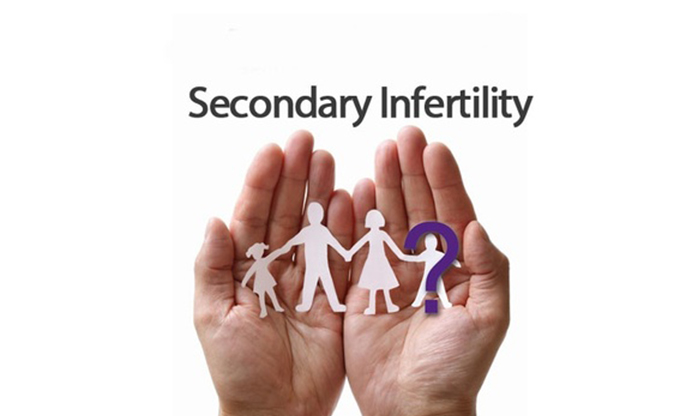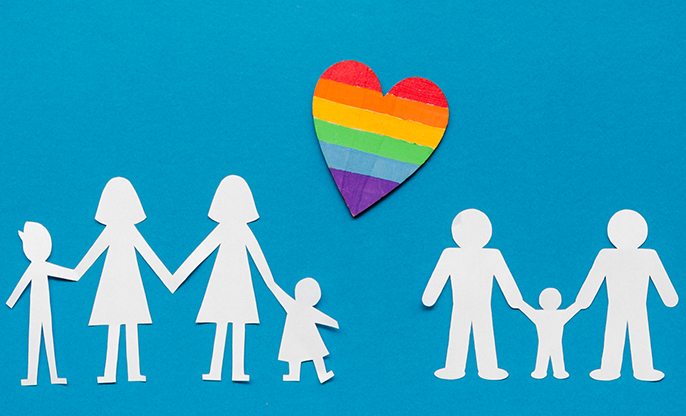
Often the challenges, uncertainties, and emotional strain on the road to parenthood can take a toll on both partners. During these trying times, seeking support and guidance becomes invaluable. One effective avenue for couples struggling with infertility is joining counselling and support groups. So, in this article, we'll explore the importance and the numerous benefits of participating in such groups.
Understanding the Impact of
Infertility
Infertility can be emotionally and psychologically distressing for couples. It may lead to feelings of isolation, frustration, sadness, and even strain in the relationship. Acknowledging and addressing these emotions is essential for the overall well-being of both partners.
Importance of Counselling
·
Emotional Support: Counselling provides a safe and
confidential space for couples to express their feelings, fears, and
frustrations. A trained therapist can offer guidance on coping strategies and
help navigate the emotional turmoil.
·
Improved Communication: Infertility can strain
communication between partners. Counselling can facilitate open and honest conversations,
fostering better understanding and empathy.
·
Stress Reduction: Managing the stress associated with fertility
treatments and the uncertainty of the outcome is crucial. Counselling equips
couples with stress-reduction techniques and coping mechanisms.
· Decision-Making: Couples often face challenging decisions regarding treatments, options, and even the possibility of third-party reproduction. Counselling can assist in making informed choices aligned with personal values and preferences.
Benefits of Support Groups
·
A Sense of Belonging: Support groups provide a sense of
belonging and validation. Sharing experiences with others who understand the
journey can be comforting.
·
Reducing Isolation: Couples often feel isolated when
dealing with infertility. Support groups offer a community of individuals who
can relate to the struggles, reducing feelings of isolation.
·
Information and Education: Support groups can be a valuable
source of information about fertility treatments, clinics, and resources.
Members can share insights and recommendations.
·
Coping Strategies: Learning from others who have
successfully coped with infertility can provide practical strategies for
managing emotional challenges.
· Hope and Encouragement: Witnessing success stories within the group can instil hope and motivation. Support groups are a reminder that infertility does not define one's worth.
Finding the Right Counselling and
Support Group
Seek a qualified and experienced therapist who specializes in infertility counselling. Look for support groups with a facilitator or leader who understands the unique challenges of infertility. Consider both in-person and online options to find a format that suits your comfort and schedule.
Conclusion
Couples struggling with infertility face a challenging journey that encompasses physical, emotional, and psychological aspects. Counselling and support groups offer essential tools for coping, communication, and emotional well-being. By acknowledging the importance of seeking help and connecting with others who share similar experiences, couples can navigate the fertility journey together with increased resilience and hope. Remember, you are not alone, and there is a community ready to support you in every step of the way.
























